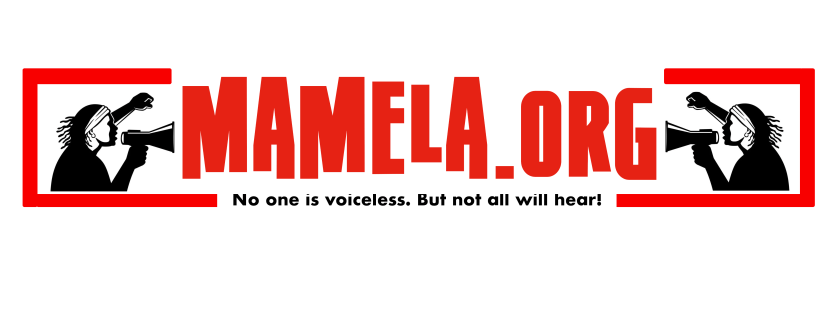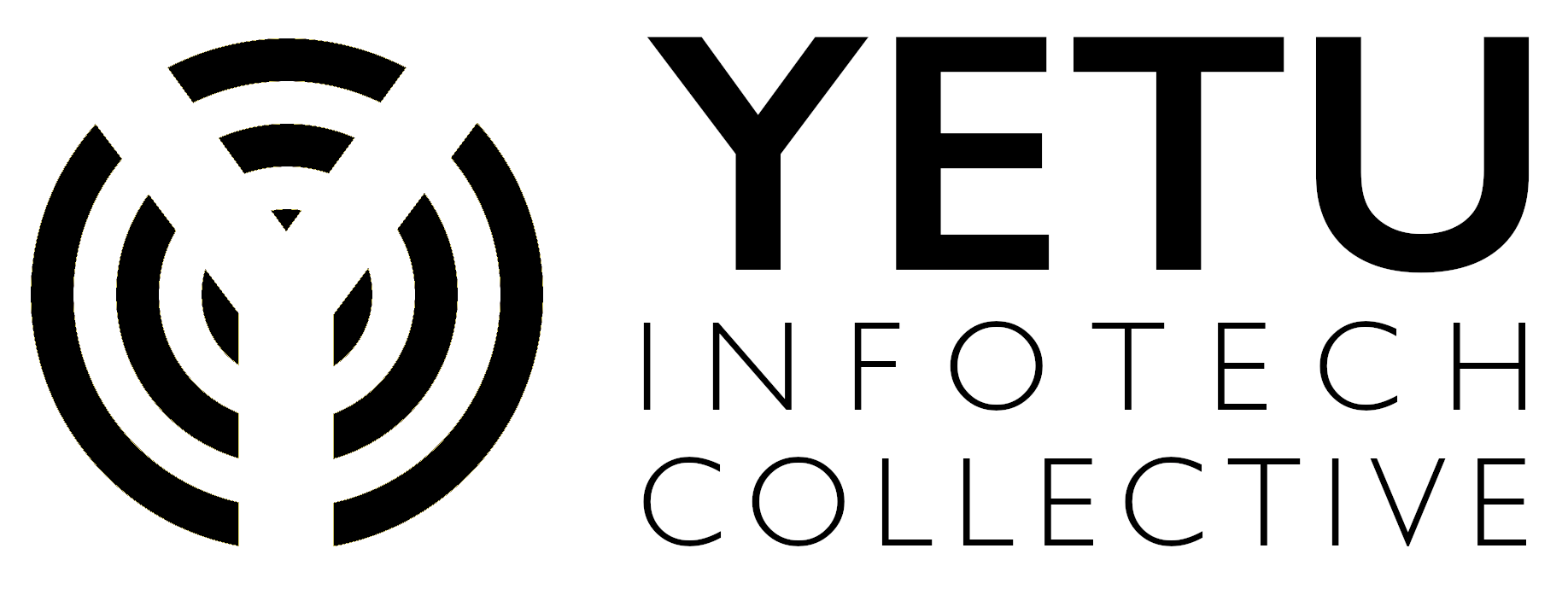
There’s really no such thing as the ‘voiceless’. There are only the deliberately silenced, or the preferably unheard.” ― Arundhati Roy
In South Africa – the most unequal country in the world – mass media remains concentrated in the urban areas, focusing on the news generated in the private sector, government, and political parties. Most mass media pay little attention to news from the townships and rural areas and rely on elite ‘spokespeople’ and institutionalised ‘experts’ as sources.
This problem is exacerbated by cuts to newsroom budgets that see fewer journalists carrying greater workloads and increasingly relying on the spin of the government/commercial Public Relations industry for framing and analysis.
The result is a dominant ‘public sphere’ that excludes the experiences and voices of the marginalised majority – and a national discourse that largely silences the marginalised majority and thus is incapable of finding lasting solutions to the many socio-economic and ecological challenges we face.
Introducing Mamela
The Yetu Infotech Collective will develop Mamela as a web/app based service with five main objectives:
- It bridges the digital divide in moments of crisis/action enabling activists on the ground to send alerts to the media in real time from their phones.
- It gives journalists access to ‘breaking news’ and ‘grassroots sources’ outside of their urban/elite bubbles.
- It also offers journalists access to progressive ‘expert’ sources and promotes these comrades in the media;
- Further the public can access alerts (and the alert history) on the internet and share alerts to social media. Alerts will also be published on the proposed news portal. .
- Lastly, it gives movements a permanent web presence with their description, contact details, and list of the alerts they have published as well as analytical feedback reports so they gain insight into the reach of their alerts.
A key component of the project will be training and ongoing coaching for contributors. Capacity building will cover journalistic ethics, news values, accuracy, taking photos, giving an interview, etc.
To evaluate and further develop the project, all platforms will invite feedback and a quarterly review of the project will be informed by a workshop of participating organisations and a feedback meeting with invited journalists.
READ THE FULL CONCEPT DOCUMENT
